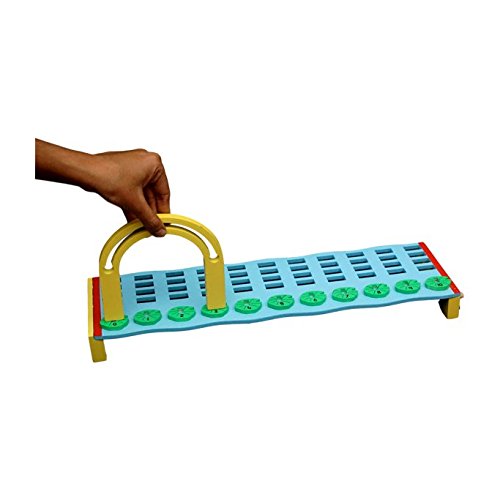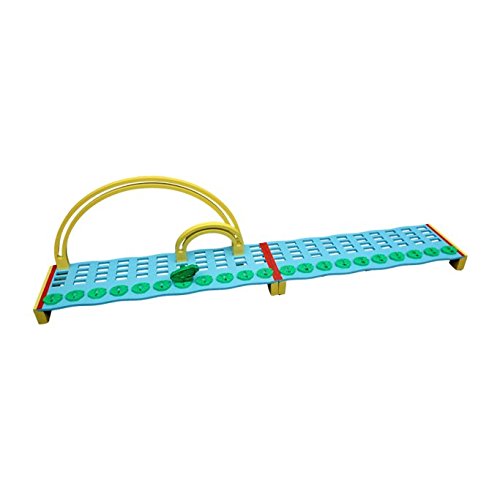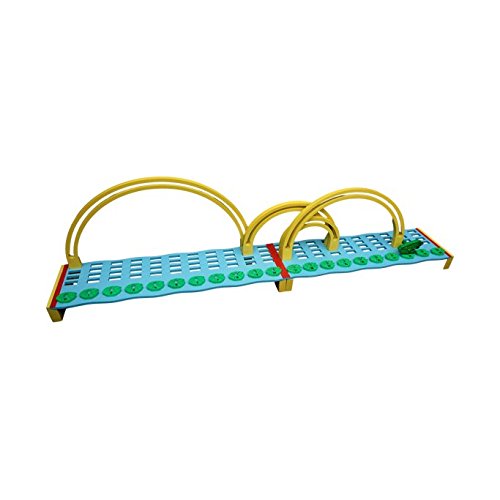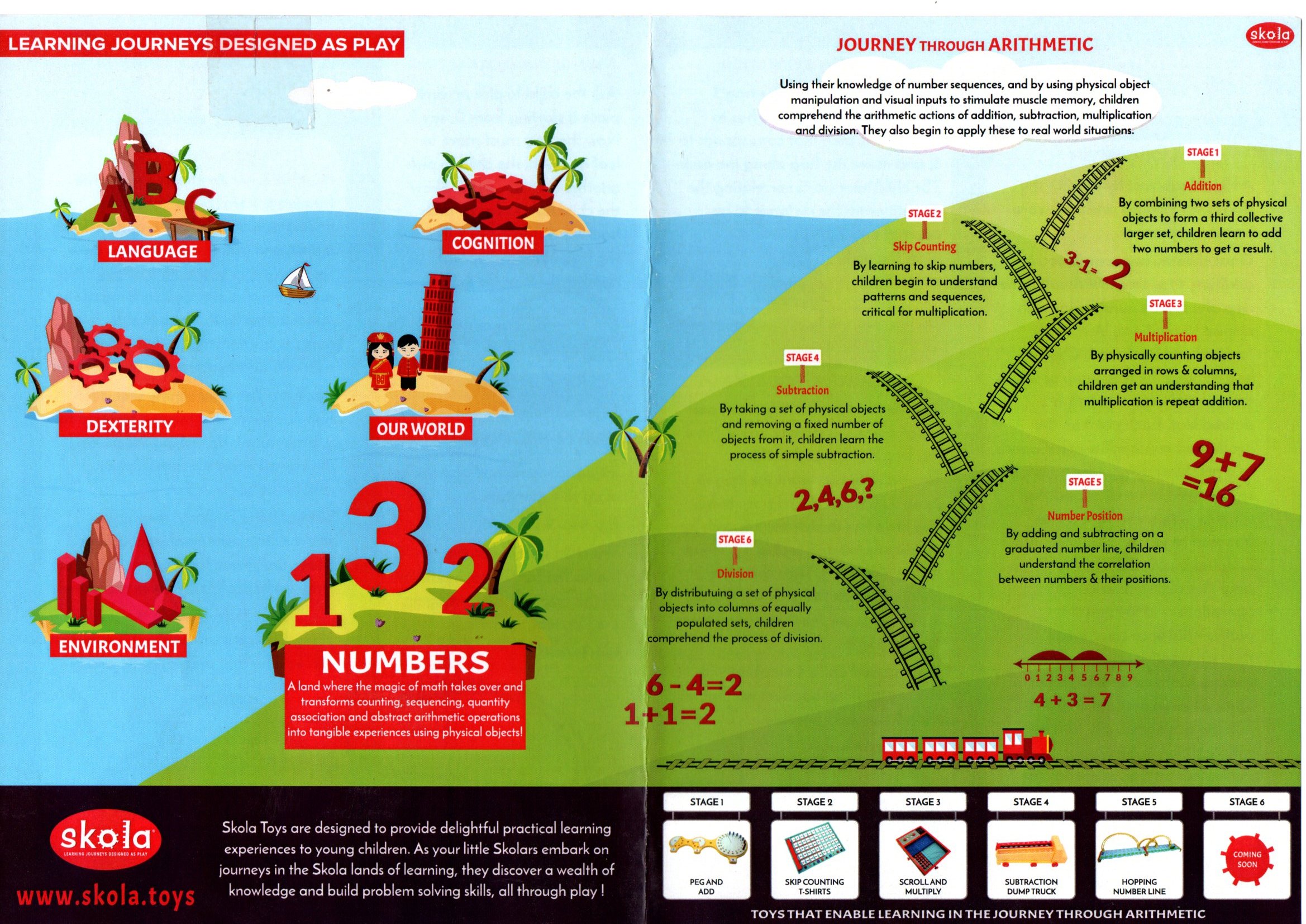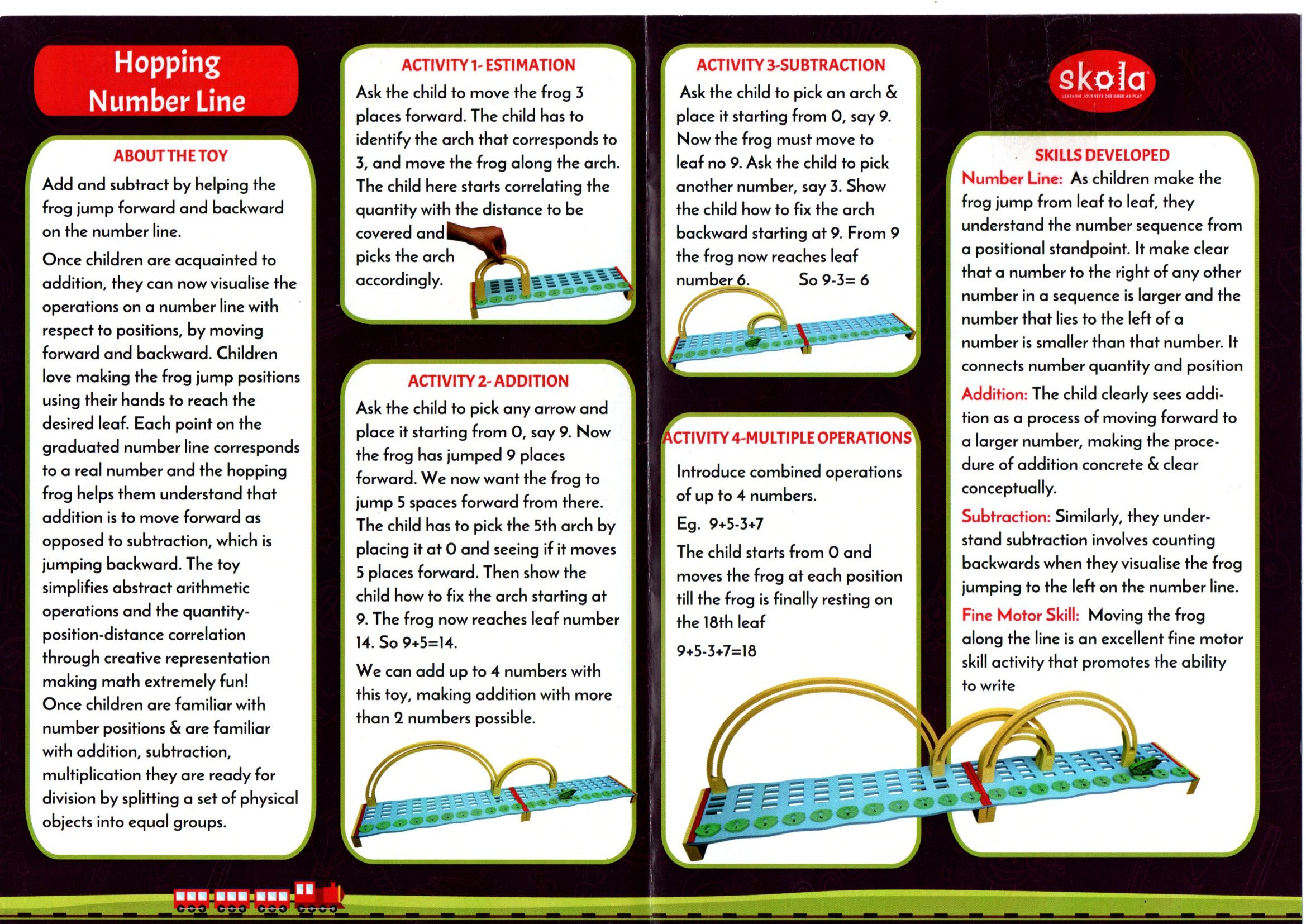-
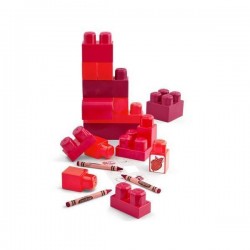
Crayola Building Block Set - Red - Hamleys -
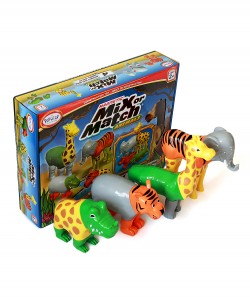
Popular Playthings Mix or Match Animals -
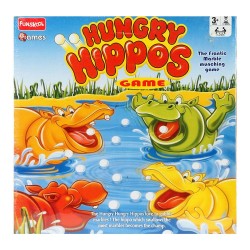
Funskool Hungry Hippos -
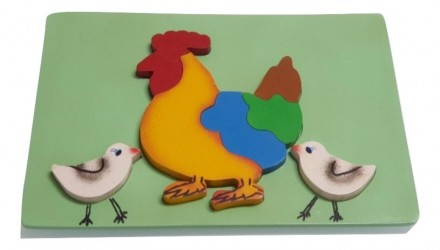
THEME PUZZLE (COCK) -
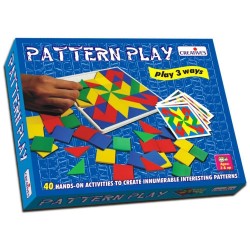
PATTERN PLAY - CREATIVES -
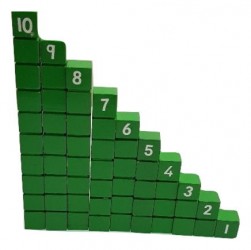
NUMBER RODE -ADD &SUB -

Peacoke Puzzle-3D -
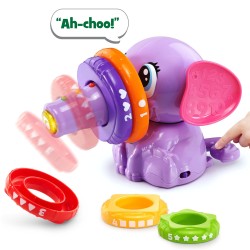
Leap Frog Stack and Tumble Elephant Purple -
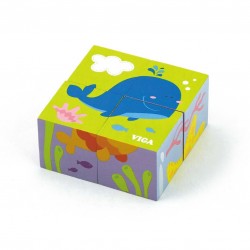
Cube Puzzle(Sea) -
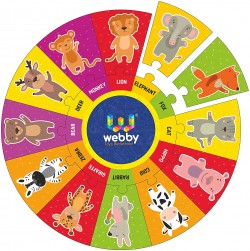
Animal Wooden Round Jigsaw Floor Puzzle 13 Pcs -
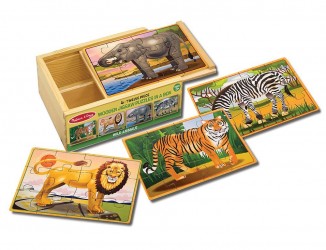
Wild animals jigsaw puzzles - Melissa & Doug -
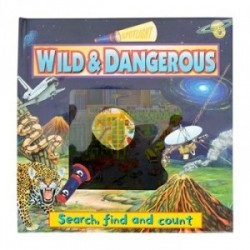
WILD &DANGEROUS - SPOT LIGHT ( INTERACTIVE) -
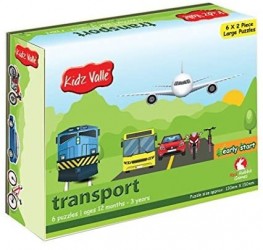
Transport puzzle-2 pieces -
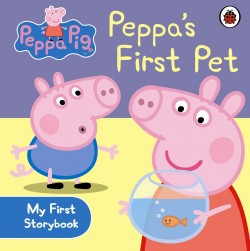
Peppa's First Pet Board Book -
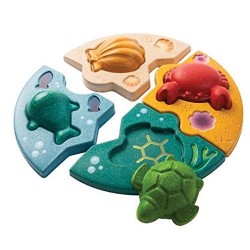
marine puzzle - plan toys -

I LOVE YOU FATHER CHRISTMAS -
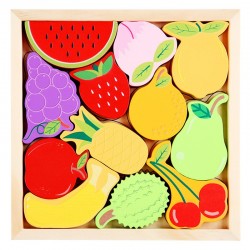
Fruit Matching puzzle -
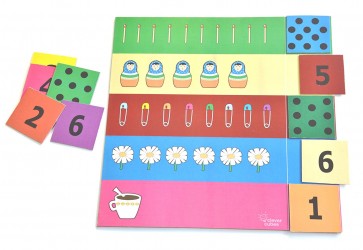
LOTTO - CLEVER CUBES -
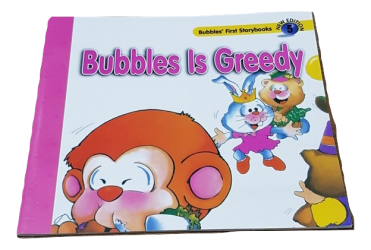
BUBBLES IS GREEDY -
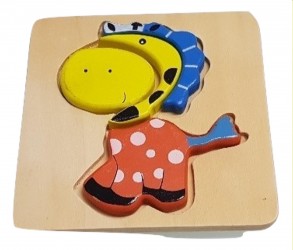
SMALL TRAY PUZZLE -CHARACTER
Hopping Frog Number Line - SKOLA
Age Groups: 4 to 5, 5 to 6 .
20 Points
Children love making the frog jump positions using their hands to reach the desired leaf. Each point on the graduated number line corresponds to a real number and the hopping frog helps them understand that addition is to move forward as opposed to subtraction, which is jumping backward.The toy simplifies abstract arithmetic operations and the quantity-position-distance correlation through creative representation making math extremely fun. As children make the frog jump from leaf to leaf, they understand the number sequence from a positional standpoint. The number line teaches them that if a number is to the right of any other number in a sequence, it is larger and the number that lies to the left of a number is smaller than that number. Reaching a specific number and moving forward on the line is how children learn to add directly. Similarly, they begin to understand subtraction involves counting backwards when they visualise the frog jumping to the left on the number line. Moving the frog along the line is an excellent fine motor skill activity that promotes the ability to write and most importantly connects number quantity and position.
Learning Objective
Categories
- Brain Development
- Calculations
- logical Thinking
- Memory skills
- Numbers
- Brain Development
- Musical Skills
- Quiet play
Other Details
- Contents: 24 Pcs
- Material: Wooden


